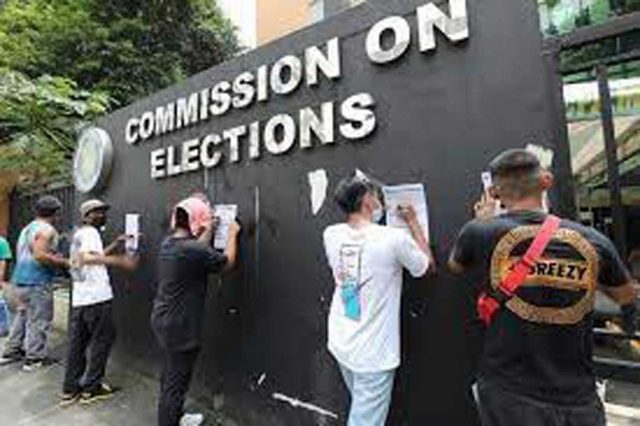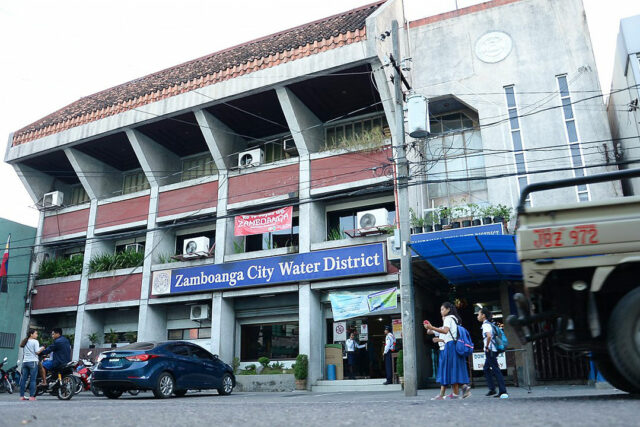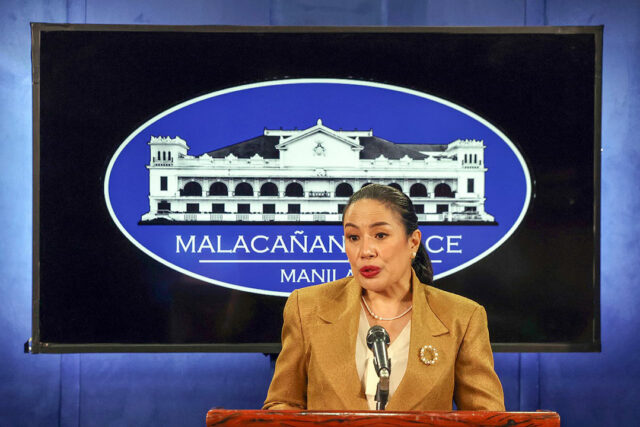Appealing a decision: Remedies for taxpayers at the FDDA stage
As taxpayers may know, all field audit and other field operations of the Bureau of Internal Revenue (BIR) covered by Letters of Authority relative to the examination and verification of taxpayers’ books of account, records, and other transactions, have been suspended until further notice, except for cases prescribing on or before Oct. 31, 2022, and for other situations described in BIR Revenue Memorandum Circular (RMC) 77-2022. The suspension remains in force at the time of this writing. However, as per the RMC, the service of assessment notices, warrants, and seizure notices should still be effected.
Before matters reach the point of serving assessment notices, taxpayers normally opt to resolve tax assessments. A prudent taxpayer cooperates and submits the necessary reconciliations, explanations, and documents to resolve the deficiencies or discrepancies initially identified by the BIR. However, when the purported findings of the BIR are not resolved at the early stages, these may reach the Final Decision on Disputed Assessment (FDDA) stage.
The FDDA pertains to the final decision of the Commissioner of Internal Revenue (CIR) or his duly authorized representative on the protest to the Final Assessment Notice (FAN). An FDDA may serve as the final step of the process for taxpayers should they choose to end the assessment by paying the amount demanded. On the other hand, in case of disagreement, the taxpayer may also go the route of requesting reconsideration from the CIR (if the FDDA was previously rendered by the Regional Director) or filing a petition for review before the Court of Tax Appeals (CTA).
It is worth noting that, if the FDDA was rendered by a Regional Director (not yet by the BIR Commissioner), a taxpayer may choose to contest the FDDA either administratively (by exhausting the administrative remedy first) or judicially (the FDDA issued by a Regional Director may be elevated to the CTA within 30 days from receipt of the decision).
If the taxpayer chooses the administrative remedy, he may elevate his protest through a request for reconsideration to the BIR Commissioner within 30 days from receipt of the Regional Director’s decision. If the protest through a request for reconsideration is denied in whole or in part by the BIR Commissioner, a judicial remedy is available in the form of an appeal to the CTA within 30 days from the date of receipt of the FDDA issued by the BIR Commissioner.
However, there could be instances when the BIR issues preliminary collection letters and even final notice before seizure, and/or a warrant of distraint and/or levy after the issuance of the FDDA by the Regional Director and pending the final decision of the BIR Commissioner. There may be confusion as to whether these notices are enforceable against taxpayers and whether these notices constitute the BIR’s decision as appealable to the CTA.
In a recent Supreme Court (SC) case, G.R. No. 231238, dated June 20, 2022, the Court clarified the reckoning point of the 30-day period to file an appeal on the disputed assessment with the CTA if the taxpayer chooses to wait for the decision of the BIR Commissioner.
In the above SC case, when a taxpayer chooses to wait for the final decision of the BIR Commissioner, any issuance of a preliminary collection letter, final notice before seizure, and/or warrant of distraint and/or levy pending such final decision should not be the reckoning point of the 30-day period to file for an appeal with the CTA. Otherwise, the issuance of a preliminary collection letter, final notice before seizure, and/or warrant of distraint and/or levy will deprive the taxpayer of the remedy of waiting for the final decision of the BIR Commissioner on the appeal. Moreover, the preliminary collection letter, final notice before seizure, and/or warrant of distraint and/or levy are all considered tentative pending the decision of the BIR Commissioner on the appeal. Consequently, the taxpayer may file an appeal with the CTA within 30 days from the receipt of the BIR Commissioner’s decision.
Meanwhile, there may also be an instance where the protest is not acted upon by the Regional Director. In this case, the taxpayer may wait for the lapse of the 180-day period, counted from the date of filing of the protest (if the previously filed protest is in the nature of a request for reconsideration); or from date of submission by the taxpayer of the required documents within 60 days from the date of filing of the protest (if the previously filed protest is in the nature of a request for reinvestigation); then file an appeal to the CTA within 30 days from the lapse of the 180-day period. At any rate, if the taxpayer was not able to elevate the case to the CTA upon the lapse of the 180-day period, the lapse is not the end of the road for taxpayers, who can still await the FDDA.
While the BIR field audit, except for certain instances as per RMC 77-2022, may be suspended for now, we can look forward to its resumption in the coming months or so. In the meantime, taxpayers should be prudent in keeping abreast of tax updates and remaining well-informed about the available remedies in case of an unfavorable decision down the road.
Let’s Talk Tax is a weekly newspaper column of P&A Grant Thornton that aims to keep the public informed of various developments in taxation. This article is not intended to be a substitute for competent professional advice.
Jesson A. Doria is an associate of Tax Advisory & Compliance division of P&A Grant Thornton, the Philippine member firm of Grant Thornton International Ltd.













